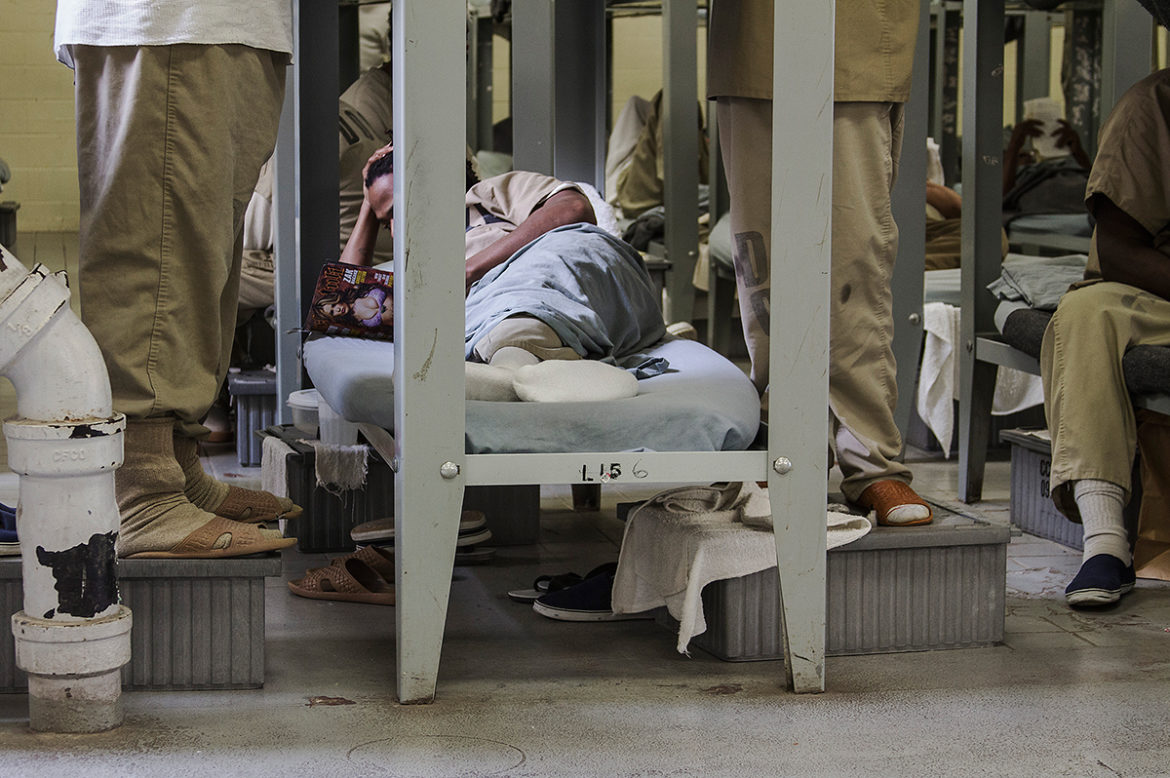Today is Illinois Citizens Re-entry Day, designated by the Illinois House of Representatives to encourage support for ex-offenders in becoming productive members of society.
Limiting solitary confinement: State Rep. La Shawn Ford has introduced a bill that would limit solitary confinement in Illinois prisons to 10 days. According to a United Nations report, solitary confinement of more than 15 days constitutes torture. In Illinois, hundreds of inmates — most of them diagnosed with mental health issues — are held in solitary at any given time, and some are isolated for decades, often with disastrous results.
Prisoners’ political representation: Another bill sponsored by Ford would require the state to use the legal, pre-incarceration address of inmates — rather than the address of the facility where they’re being held — for legislative redistricting. Some 60% percent of Illinois’ state prison population is from Chicago, but 90%are counted as downstate residents when legislative maps are drawn, according to the Prison Policy Initiative. This skews representation by boosting the population of downstate districts, whose representatives tend to favor prison expansion over efforts to reduce incarceration levels.
Prison health care: In January, the Illinois Department of Corrections agreed to court oversight of its physical health system and to provide inmates with health screenings and improve staffing levels. Last year IDOC was found by a federal judge to be out of compliance with a previous consent decree mandating improved mental health care, after an independent monitor found a lack of resources including a shortage of psychiatrists.
“They haven’t met their [mental health] staffing goals from 2014,” said Alan Mills of the Uptown People’s Law Center, which brought both lawsuits. “While the overall prison population is declining, the population with mental health issues is growing, because we are locking up more people with mental illness,” he said.
Prisoners’ voting rights: On voting rights, the state recently passed legislation requiring improved voting access for pretrial detainees in jails. Mills said advocates will push for Illinois to join a handful of states that allow prison inmates who’ve been convicted of felonies to vote from behind bars.
They’re also pushing for expanded expungement provisions to remove employment and legal barriers.







